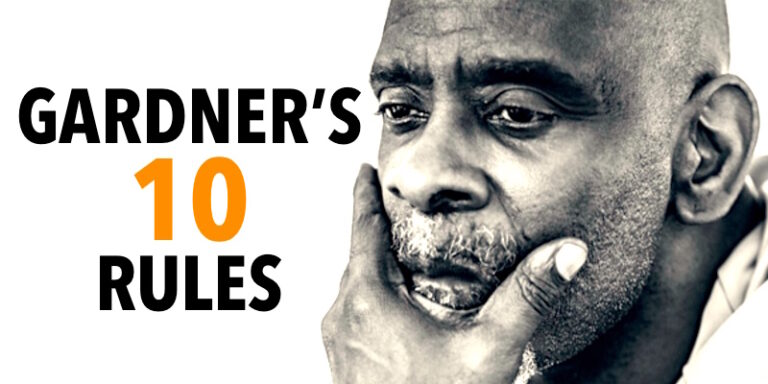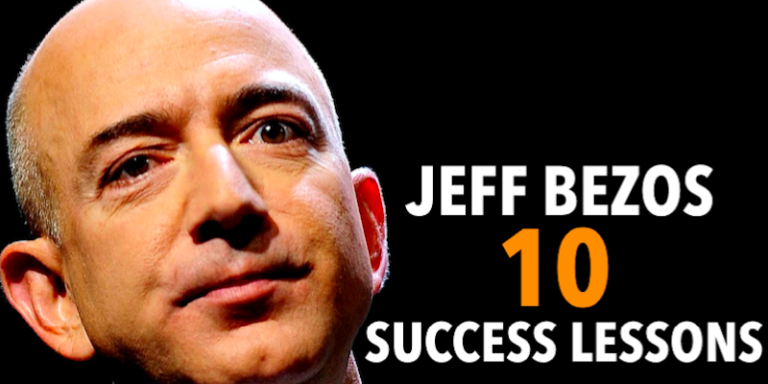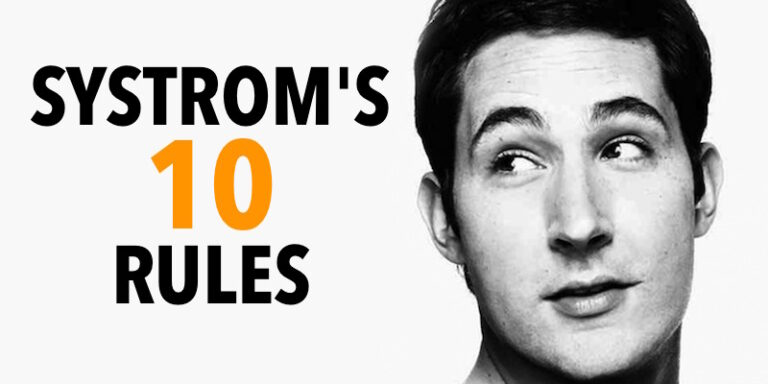Philip Knight is the co-founder and Chairman of Nike. Growing up in Portland, Oregon, Knight discovered he had a love for running and went to train with the legendary track coach Bill Bowerman at the University of Oregon. In addition to coaching, Bowerman was experimenting with creating new types of shoes and Knight field tested them on the track for him.
In his business plan, Knight developed a blueprint for superior athletic shoes which could be produced cheaply in Japan. In its first year, the company sold only $364 worth of shoes but Knight was determined to make the company work and stuck with it until it did. Today Nike brings in almost $20 billion in revenue. Knight’s stake in the company gives him an estimated net worth of US$12.7 billion, making him the 60th richest person in the world.

Here are the 10 Success lessons from Phil Knight – “Creator of Nike” for entrepreneurs,
1. Find your passion
Throughout the memoir, Knight frequently details his obsession with running and the way running a 5-minute mile could make him feel. Specifically, it was this passion that allowed him to persevere during tough times.
In fact, Nike was built up during a time when running was not something done recreationally. Yet, Knight believed so strongly in what he was selling that his business persisted through adversity.
2. Bridge the gap between what is and what will be
Nike, Phil and team, struggled to make it for 10+ years before any sort of meaningful stability materialized; running wasn’t culturally acceptable in the way it is today; you’d be some sort of oddball for engaging in it, jeered by passers-by; financing a company for growth was impossible ; how could one visualize a world where everyone wore shoes with a gratuitous swoosh lined across the front?
But that’s the world we live in now, and and that is the lesson: moonshots are possible. You just have to be okay feeling like a fraud.
3. Don’t be afraid of a fight
Although wildly successful today, Nike was no overnight success. The company, originally Blue Ribbon Sports, was formed in 1964 by Knight, who initially sold his shoes at Oregon track meets from the trunk of his car.
Later decades were riddled with lawsuits and financial struggles, and Nike was on the brink of bankruptcy for nearly two decades. Throughout the story, Knight recounts fighting with Japanese suppliers, his banks, and even the government – Adversity was a definite constant.
4. Understand your shortcomings
Knight was, above all, human. He details growing Nike with his wife Penny and the ongoing struggle to find work-life balance. Having invested the majority of his time and energy in the business, Knight acknowledges that by and large, he wasn’t a present father.
From a professional standpoint, Knight also acknowledged his shortcomings as a leader. He didn’t give enough (or any at all) praise to employees, and he thought Ryan Leaf would be a better Quarterback (QB) and Nike ambassador than Peyton Manning, one of the greatest QBs of all-time.
5. Hire smart
Knight took it upon himself to hire people that shared his vision of creating quality shoes and innovating. Bill Bowerman, trusted partner, was his track coach at Oregon University, while Jeff Johnson, their first hire was a fellow runner and competitor of Knight’s. Bowerman pioneered many of Nike’s early shoe models and was constantly testing them on his athletes. Johnson on the other hand, put forward the name Nike.
Nike is unique in the sense that nearly all early employees were involved in the sport of Track and Field. Still, this demonstrates the value of hiring people who fit with your culture.
6. Competition is healthy
From the beginning, Nike was in constant competition with its earlier established counterpart – Adidas. In his story, Knight frequently referenced how Adidas was a driver for success and kept him on his toes.
Specifically, when naming a shoe model – Bowerman chose the ‘Aztec’, paying homage to the 1968 Olympic Games being held in Mexico City. Adidas, already having a shoe called the Azteca Gold, threatened litigation. As a result, Nike changed their model to the ‘Cortez’ – one of their most iconic and popular shoes to date.
7. Micromanagement won’t help anyone
Knight had a very hands-off leadership approach. Once they were hired, he had an aversion to micromanaging his employees. He shared his vision for the company, explained what he wanted to achieve, and gave general guidance – but never told his team how to do their jobs.
For example, he asked his first West Coast salesman to open up their East Coast operation, and later to run Nike’s first American factory. While such changes might initially be disruptive, they ultimately helped to motivate and grow his team.
8. Have a Clear Focus
As Nike grew, Knight had to decide what the focus of his business would be. Should he expand to get into the fashion business? Since he had such success sponsoring athletes, should he expand and start sponsoring other celebrities? Knight decided that for his company to continue growing he would have to have a clear focus of what he wanted the company to be. It would make it easier for him to make decisions and also allow his team to work towards a common goal.
It was a big risk as Jordan was only 21 years old and was just breaking into the league. The idea of players being sponsored was also a new phenomenon and was a risky and unproven concept. The deal proved to be a huge success for Nike and provided a big publicity and sales boost for the company. If Knight was afraid to “Just Do It,” if he had been afraid to make a mistake, the deal would never have happened.
9. The biggest enemy is the lack of imagination
Imagination has a fraught relationship with human beings. Societies cohere by often suppressing individual instinct, and yet we sanctify realms — art, entrepreneurship, scientific research — to act as a pressure relief against the gas cooker of culture.
For Knight, it meant building a growth company with negative cashflows when in 1964, accepted propriety meant stable cashflows.
10. Just Do It
Nike is known for its slogan “Just Do It” and it’s a statement that accurately reflects how Philip Knight acts as an entrepreneur. He’s always taking chances, is willing to fail, and pushes the conventional limits to accomplish his goals. A great example is his relationship with basketball superstar Michael Jordan. In 1984 Knight signed the young Jordan to a sponsorship deal.



